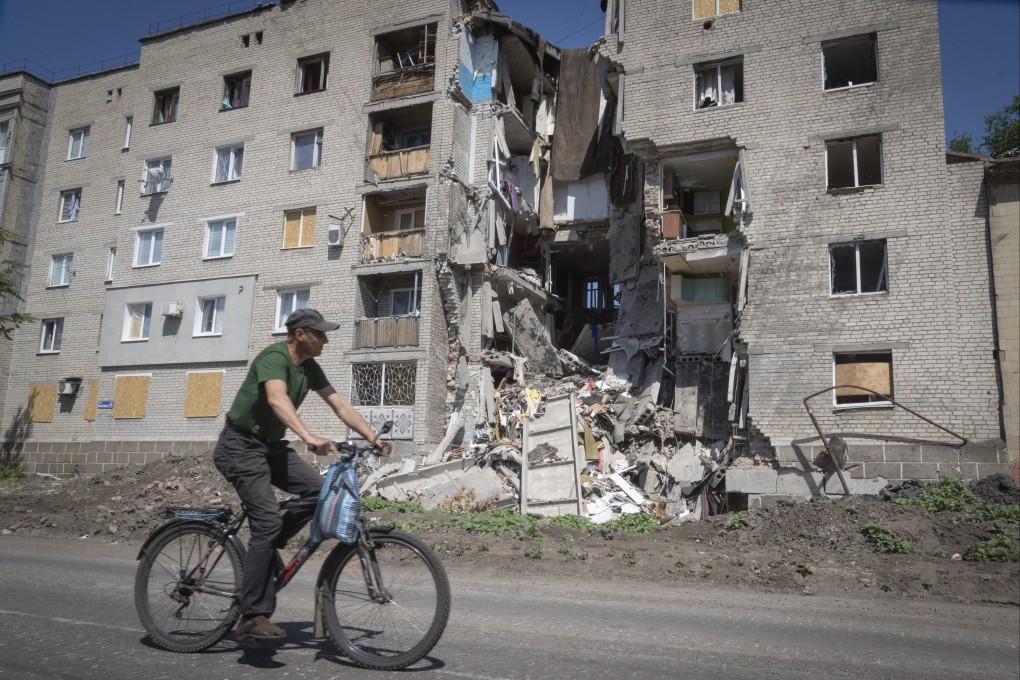Advertisement
As I see it | Does China’s demotion of its deputy foreign minister signal a rethink over Russia ties?
- Le Yucheng, the deputy foreign minister and Russia expert, has been shunted aside as Beijing’s relationship with Moscow faces increasing scrutiny
- The decision to declare a ‘no limits’ partnership was signed off by more senior figures and there are few signs that Beijing is seriously rethinking its stance
Reading Time:2 minutes
Why you can trust SCMP
7

Rumours have been rife as to why Le Yucheng was recently removed as China’s highest-ranking deputy foreign minister.
For a career diplomat and a key candidate for the top job at the foreign ministry, his appointment last week to a vice-ministerial position as deputy head of a less prominent agency overseeing television and radio broadcasting was clearly a huge disappointment. Many have linked his setback to Beijing’s miscalculation over Moscow’s invasion of Ukraine.
It is widely believed that the Chinese leadership made a strategic error in boosting their partnership with Russia to one that has “no limits” and “no forbidden areas”, three weeks before Russian President Vladimir Putin launched an all-out attack on Ukraine on February 24.
Advertisement
Some said Putin may have duped President Xi Jinping about his plans when they issued a joint statement in Beijing that has been cited by critics as evidence of China’s tacit approval of Moscow’s invasion.
As China’s refusal to condemn Moscow’s invasion is becoming increasingly unpopular both at home and abroad, many have faulted Le, who was responsible for the ministry’s daily affairs and Eurasian relations, for his role in Beijing’s embarrassing diplomatic blunder.
Advertisement
They pointed to Le’s elaborate praise for ties with Moscow in recent months, including remarks during Putin’s visit to China when he said there was “no ceiling” to their cooperation.
It is convenient to blame Le, a trained Russia expert and China’s former ambassador to India and Kazakhstan, for Beijing’s misjudgment over Russia’s war in Ukraine.
Advertisement
Select Voice
Select Speed
1.00x
